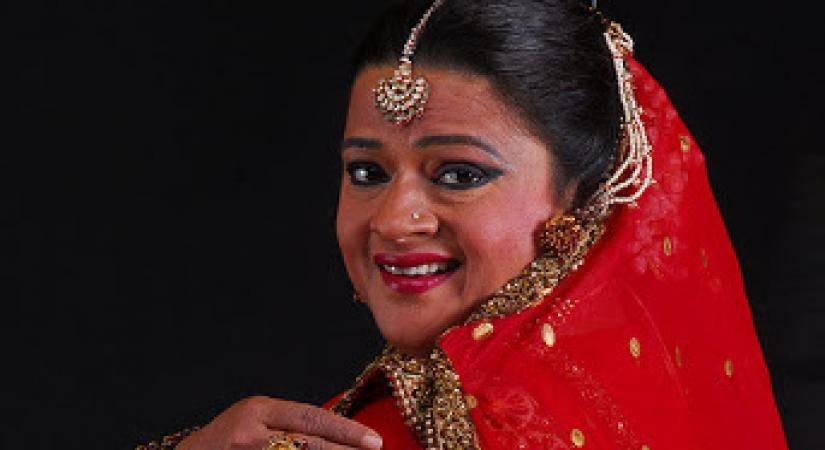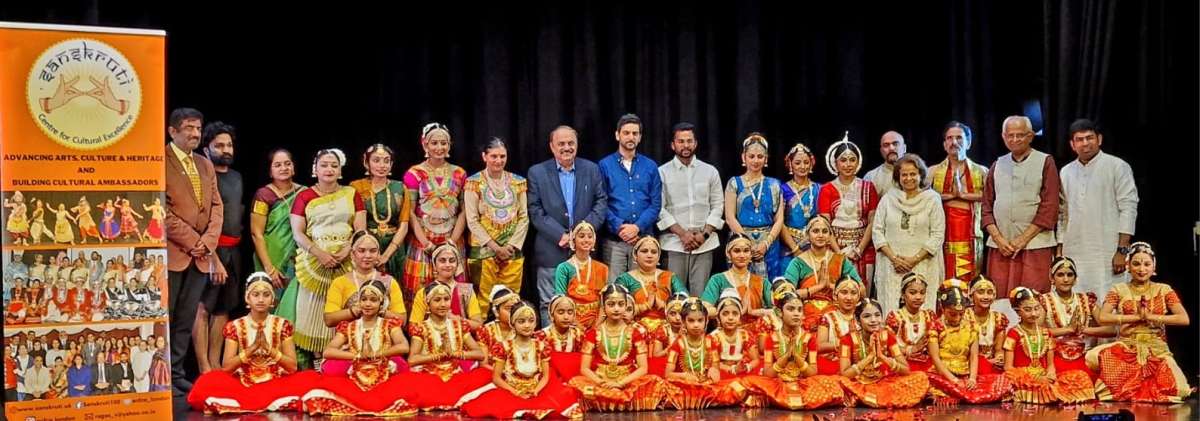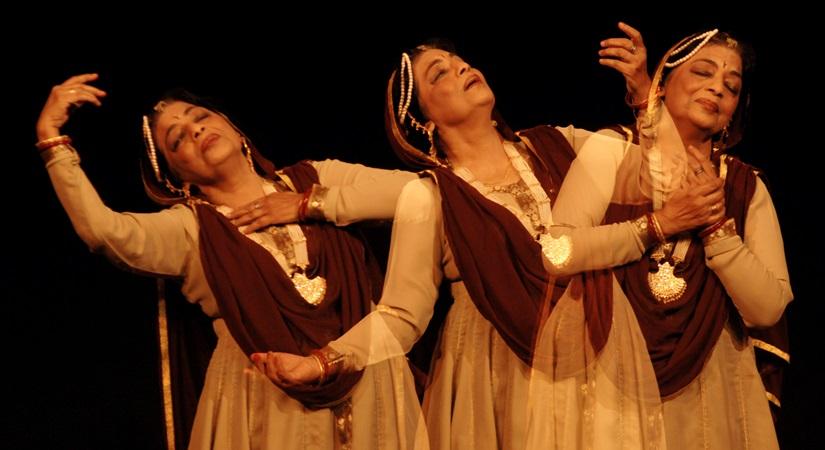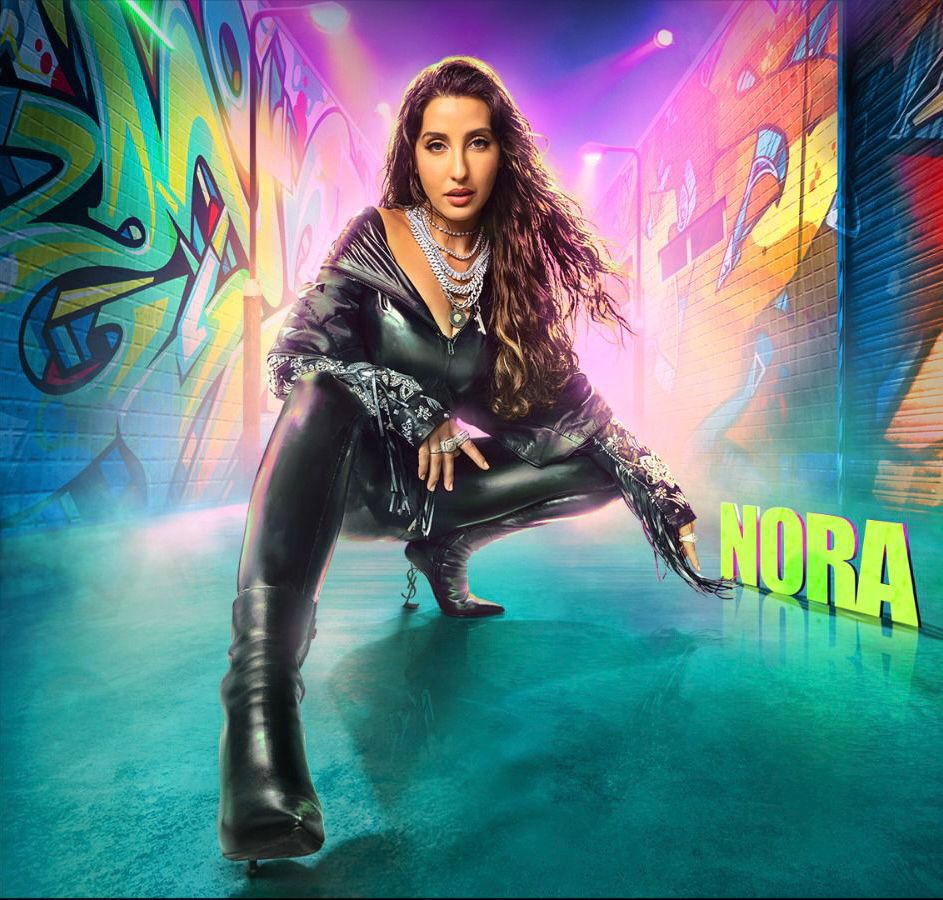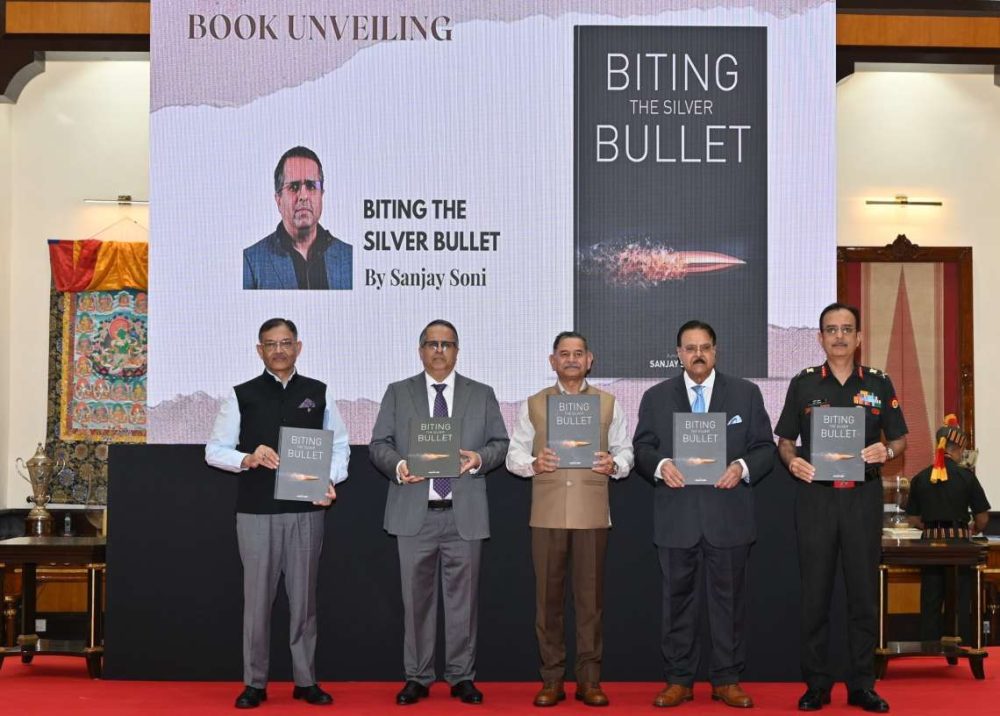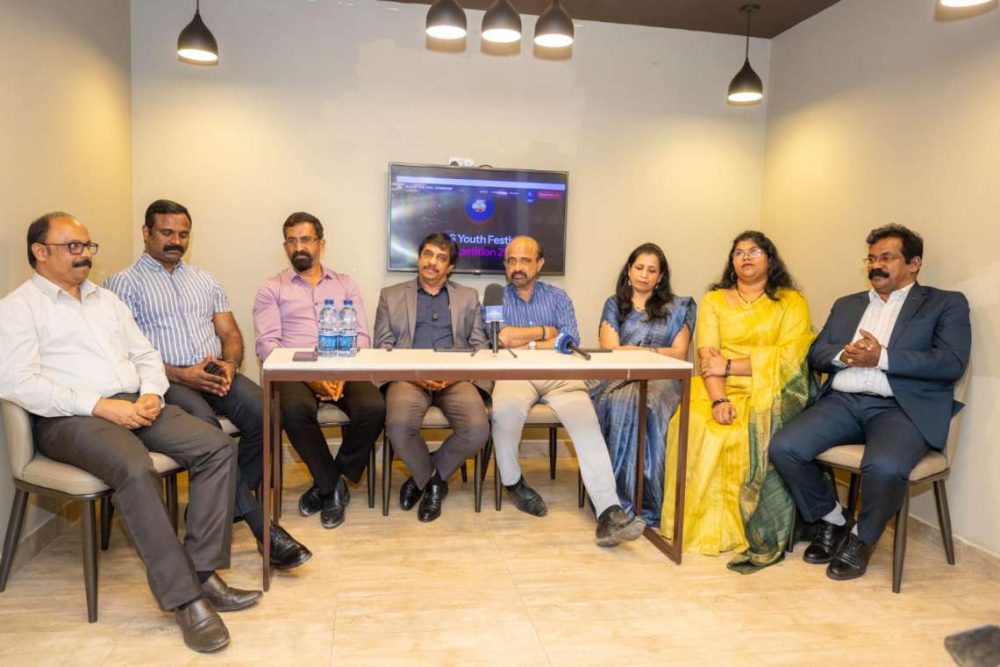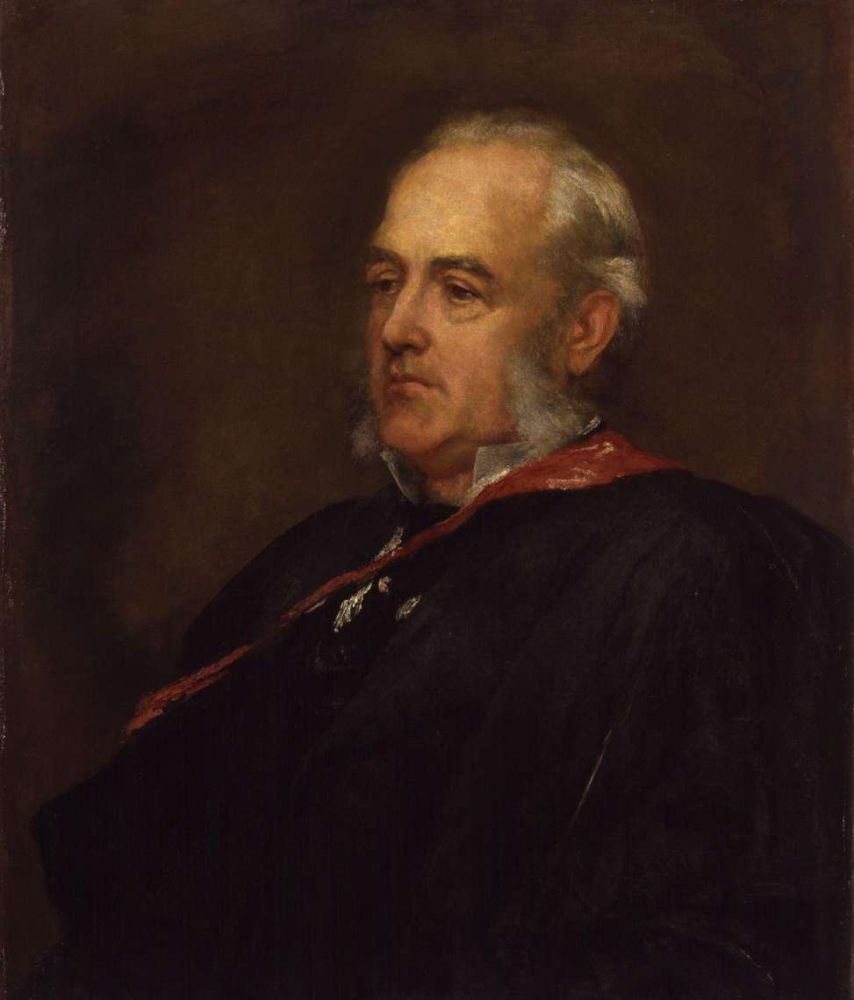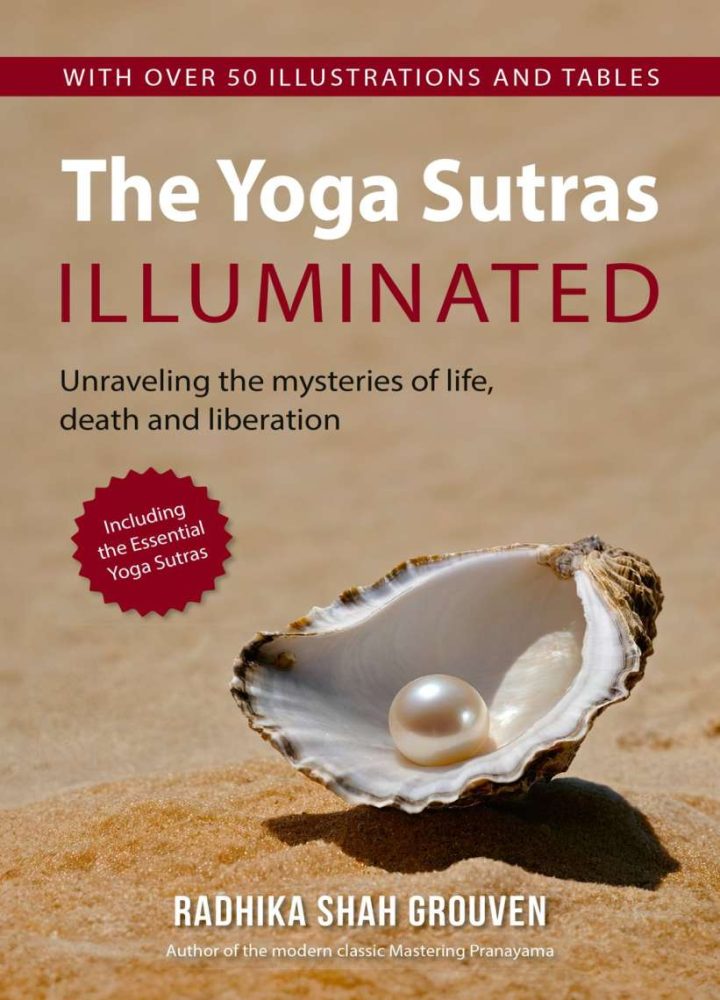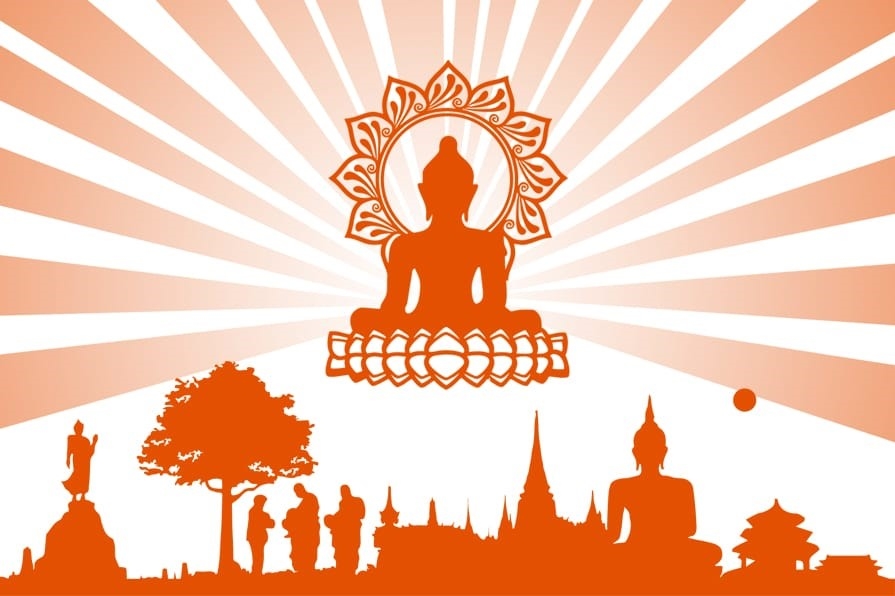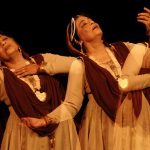Sufi is not a practice, it is a thought. To blend with Sufi in one colour without any discrimination is a way to connect with the supreme power above…Rani interacts with Siddhi Jain.
Dance is a passion for many. An astute Kathak danseuse of the Lucknow Gharana, Rani Khanam has dared to differ in her dance practice. Integrating Islamic verses and Sufiana Kalam of mystic Sufi poets in her Kathak practice for over 20 years, she has carved a global niche as a pioneering Muslim Kathak classical dancer. She has also used choreographed productions as a medium to raise awareness on causes like HIV/AIDS, rights of women, including Muslim women, and persons with disabilities.
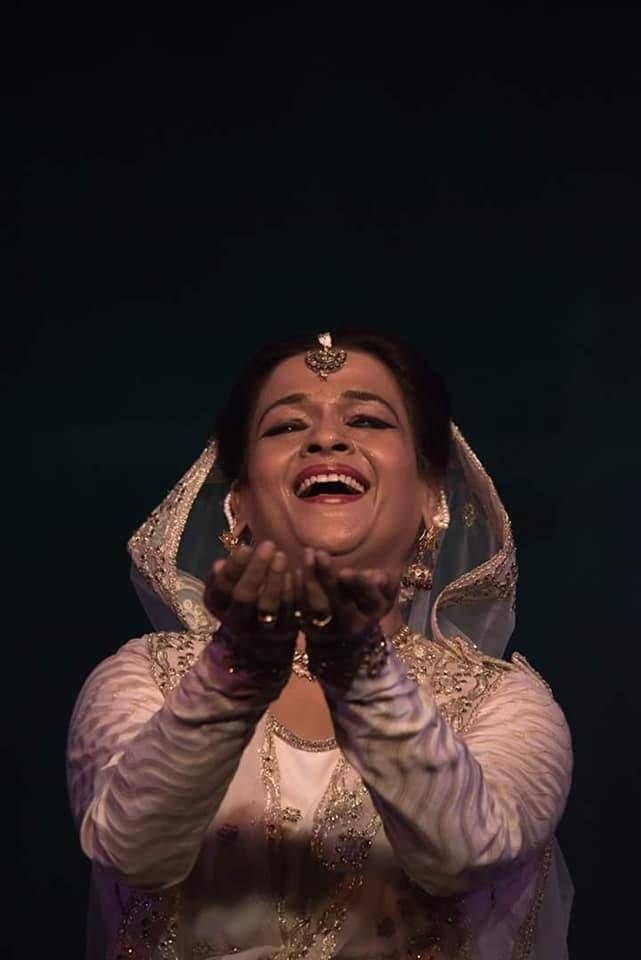
The founder-director of ‘Aamad Kathak Dance Centre’ in east Delhi, Khanam recently performed on the compositions of Bulleh Shah and Hazrat Amir Khusrau. Excerpts from an interview with her on the sidelines:
How did you take to dancing and Kathak?
I have been dancing since childhood. Everything I have done so far is a contribution to this field. In fact, since a very early age, I have seen and understood things through dance’s perspective. I pursued Kathak as it is one of the classical dances of the North and carried on with it since then. For me, Kathak is like a meditation, a sadhana that is there in my everyday practice.
You are a practicing Sufi, how do you incorporate it into your dance practice? Please also tell us about the historical research undertaken by you on the Islamic influence on Kathak.
Sufi is not a practice, it is a thought. To blend with Sufi in one colour without any discrimination is a way to connect with the supreme power above – the almighty. Sufi has a very simple way, let it be through devotion or Sufi, it’s the same thing. Alongside, I have done the research and been working on Islamic verses, Sufiana kalam of renowned poets for the past more than 20 years. I have performed on it at an international level and collaborated with international artists and Sufi dancers.
You have defied many odds during your dance career…
Every artist, every human has odds in their life and it is very natural. But when you are focused on your goals you don’t realize when you have surpassed those odds. Being a Muslim, I had few obstacles as at those times dancing was not pursued openly. But with conviction, power, and passion I was able to overcome all these and till today I am working in society by maintaining all due respect.
How did you keep refining your practice during 2020’s lockdown? What did it mean to you?
For the past year, due to Covid, life has given us time to think positively. Being an optimistic person, I believe that if things go wrong there must be a good reason behind it. It needs us to improve. This was a refinement period for me. I took classes, participated in virtual programmes with the kids and other artists. I have been a part of various online discussions. So, last year I tried to be as constructive as possible.
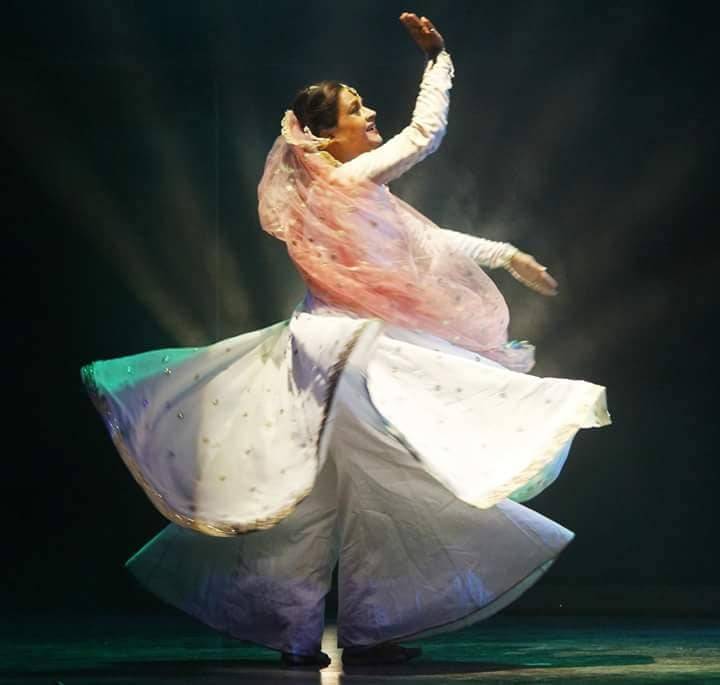
You performed Holi Khelungi Keh Ke Bismillah’ by Bulleh Shah at Kathak Kendra. Please tell us about it.
Kathak Kendra’s event ‘Swadheenta Ke Rang, Phalgun Ke Sang’ is a very nice concept where they have invited all the Kathak artists along with artists from other art fields on the occasion of Holi. I performed a few Bandish, one of them was of Hazrat Amir Khusrau’s and is based on Raag Basant Bahar Mishr. The second bandish was by Baba Bulleh Shah’s Holi Khelungi Keh Ke Bismillah’. The way I portrayed was the Almighty is the actual painter who has painted the entire world with the colour of love. He combined all the true colours of love and unity and came with a rainbow. All the colours on the earth like sea, leaves are all given by God. I am glad that people admired my performance during the show.
Also Read-Lobo: Dance nurtures a sense of self
Read More-Academic youth guidance workshop conducted by GMMHC youth


